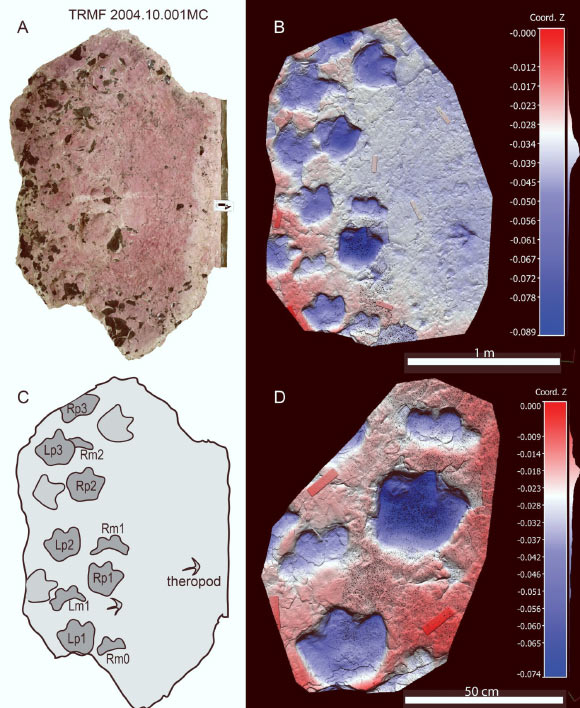Now Reading: Scientists Unveil Breakthrough in Quantum Entanglement
-
01
Scientists Unveil Breakthrough in Quantum Entanglement
Scientists Unveil Breakthrough in Quantum Entanglement

Speedy Summary
- Physicists at Technion – Israel Institute of Technology observed a new form of quantum entanglement using the total angular momentum of photons confined in nanoscale structures.
- This finding potentially enables on-chip quantum data processing by encoding information in the total angular momentum property of photons.
- Angular momentum is divided into spin (related to photon electric field rotation) and orbit (linked to rotational motion in space). When confined to nanoscale structures smaller than their wavelength, these properties merge into a single quantity: total angular momentum.
- Miniaturization enhances photon-material interaction while enabling compact devices akin to miniaturized electronic circuits. It also facilitates novel phenomena not achievable at normal dimensions.
- Researchers mapped photon states within nanoscale systems, entangled them via unique properties tied to their size, and confirmed quantum entanglement between pairs.
- This research marks the first discovery of new quantum entanglement properties in over 20 years, potentially paving the way for advanced developments in photon-based quantum interaction and computing components.
Image Description: Conversion occurring in a nanometric system where two photons form an entangled state through their total angular momentum. Image Source.
Indian Opinion Analysis
India stands to benefit considerably from advancements like this one as global efforts toward miniaturized,high-efficiency technologies align with its own growing interest in photonics and quantum technology.The discovery offers potential applications that could revolutionize areas like secure communication networks or computational tools vital for sectors like defense or healthcare. Increasing expertise in fields such as nanophotonics can position India further as a hub for technological innovation.
such progress underscores the importance of investing more deeply into essential scientific research-a domain often overshadowed by applied sciences within India’s R&D ecosystem. Collaborations on international platforms could amplify India’s engagement with groundbreaking advancements such as this one, ultimately contributing toward enhancing its scientific capability while addressing challenges linked to technological sovereignty.























